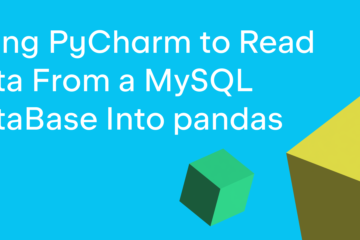This is a new update for the upcoming minor bug-fix release for 2022.2. Last week, in the first release candidate for 2022.2.1, we delivered some critical fixes to use the new functionality of PyCharm 2022.2 without having issues with remote interpreters.
If you encounter an issue in PyCharm 2022.2, please reach out to our support team. This will help us quickly investigate the major issues that are affecting your daily work and solve them.
You can get the new build from our page, via the free Toolbox App, or by using snaps for Ubuntu.
This week we’re delivering a second release candidate for PyCharm 2022.2.1 with the following bug fixes:
Docker: Docker container settings for Docker-based interpreter are now applied to the run.[PY-53116], [PY-53638]Docker Compose: running Django with a Docker compose interpreter doesn’t lead to an HTTP error. [PY-55394]The new UI is enabled for setting up an interpreter via the Show all popup menu in the Python Interpreter popup window. [PY-53057]
We’re working on fixes for the following recent regressions with local and remote interpreters – stay tuned:
Custom interpreter paths aren’t supported in the remote interpreters. [PY-52925]Django: Using the Docker-compose interpreter leads to an error when trying to open the manage.py console. [PY-52610]Docker: An exposed port doesn’t work while debugging Docker. [PY-55294]Docker Compose: PyCharm continues the interpreter setup process even if Docker introspection fails during the process. [PY-55392]SSH: Setting up an SSH interpreter leads to infinite reload of the popup window for Jupyter server settings. [PY-55451]Django: The “Run browser” feature that enables running the application in the default browser doesn’t work. [PY-55462]
If you encounter any bugs or have feedback to share, please submit it to our issue tracker, via Twitter, or in the comments section of this blog post.


